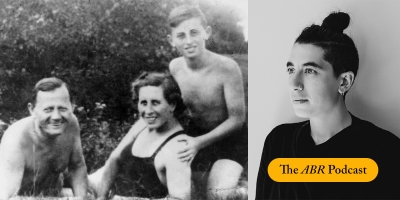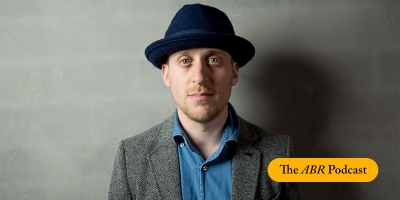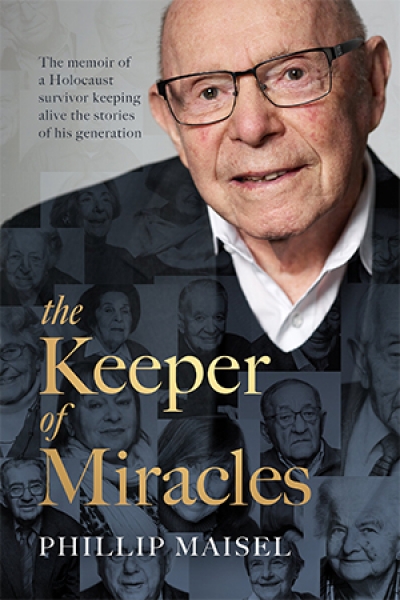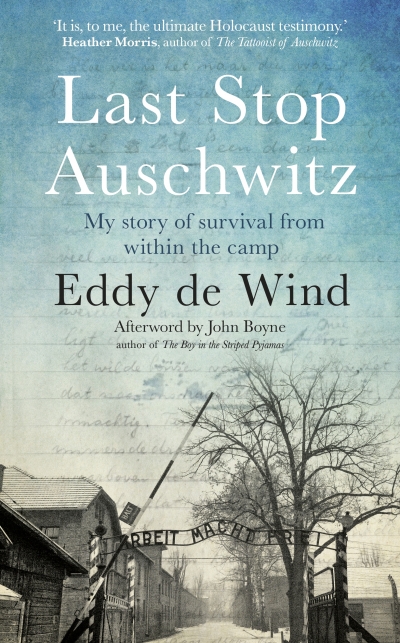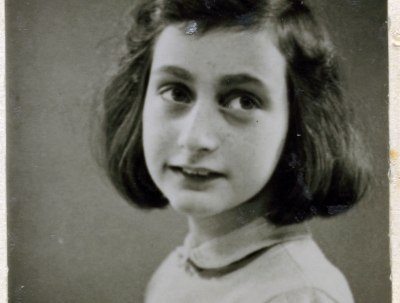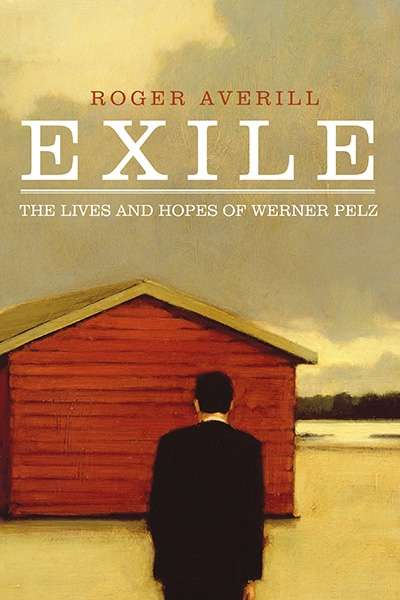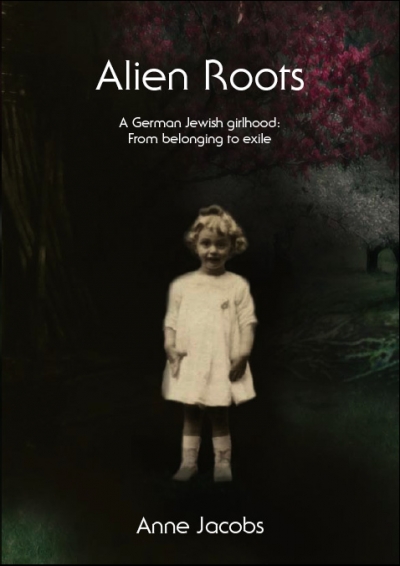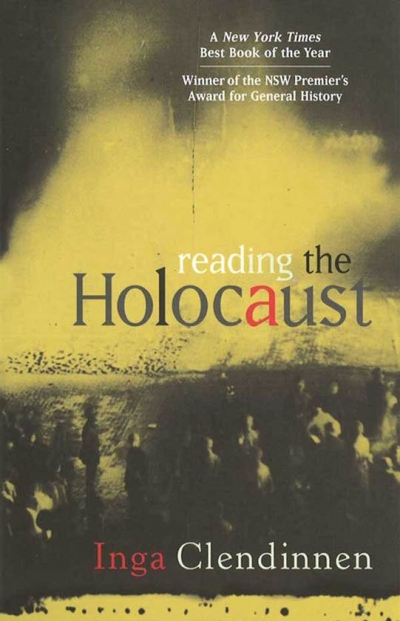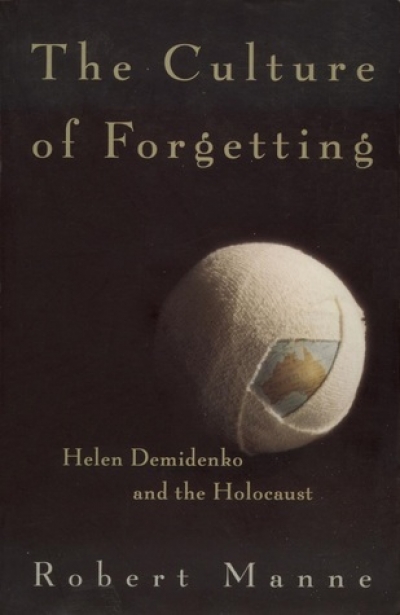Holocaust
The runner-up in this year’s Calibre Essay Prize, Sarah Gory’s essay ‘Ghosts, Ghosts Everywhere’ confronts spectres of the past in order to pose questions about how to live ethically in the present and about what responsibilities we bear towards the future. Drawing on a wide range of writers and thinkers as well as her grandfather’s experience of the Holocaust, Gory plots the process by which one generation’s traumatic suffering becomes another’s imaginative investment.
... (read more)Shortly before Simon Tedeschi’s grandmother, Lucy Gershwin, died sixteen years ago, she recorded a memoir of her wartime years. Gershwin, a Polish Jew, was the only survivor of a family obliterated by the Nazis during the Holocaust. Simon Tedeschi’s powerful essay, ‘This woman my grandmother’, reflects on the moment he decided to read her memoirs and encounter the tragic outlines of a life that remains shaded by a reticence typical of her generation.
... (read more)Last Stop Auschwitz: My story of survival from within the camp by Eddy de Wind, translated by David Colmer
Earlier this year, not being able to find my childhood copy of Anne Frank’s The Diary of a Young Girl for my eldest daughter, I bought another one. It seemed bigger than I had remembered, but the cover had the same recognisable photo of the demurely smiling Anne gazing somewhere into the distance – a wisp of a girl with distinctive dark features that would have made it highly unlikely for her to ‘pass’ as anything other than Jewish. The book bore a label that seemed to be making a dubious claim: ‘The Definitive Edition’. Was it more definitive than the journal I had read when I was a similar age to the girl who wrote it, as my daughter is now?
... (read more)Alien Roots: A German Jewish girlhood: from belonging to exile by Anne Jacobs
The looter held a sign in one hand as he pushed a trolley overflowing with stolen goods in the other. His sign read, ‘Thank you, Mr Bush’. It was not, I suppose, the kind of gratitude George W. Bush had expected. The next day’s looting was not likely to raise a smile: private homes, great museums, and hospitals were ransacked. Vigilantes exercised rough and sometimes cruel justice. There will be worse to come when mobs catch Saddam Hussein’s brutal functionaries. Again, we will be reminded that oppression does not even make people noble, let alone good.
... (read more)The Holocaust is a subject which numbs the mind and petrifies the soul. This is the point at which Inga Clendinnen starts her remarkable set of essays about it. The Holocaust is a Gorgon and the only way to destroy it, Perseus-like, is to hold it’s image on the screen of the shield and stare back. The historian of The Aztecs, this remarkable woman who has always attended to the inflections of human pain, says at the outset that extreme suffering should be paid attention. She has lived in interesting times without partaking of the horror and this is her amends. This remarkable exercise in metahistory, this sustained meditation about the nature of historiography – an essay in which criticism and representation keep coming together and breaking apart – began with Clendinnen’s sense of the inadequacy of her own response to the Demidenko controversy and it ends, not inappropriately, with a discussion of the relative claims of literature and historical writing in the face of the Holocaust Medusa.
... (read more)
